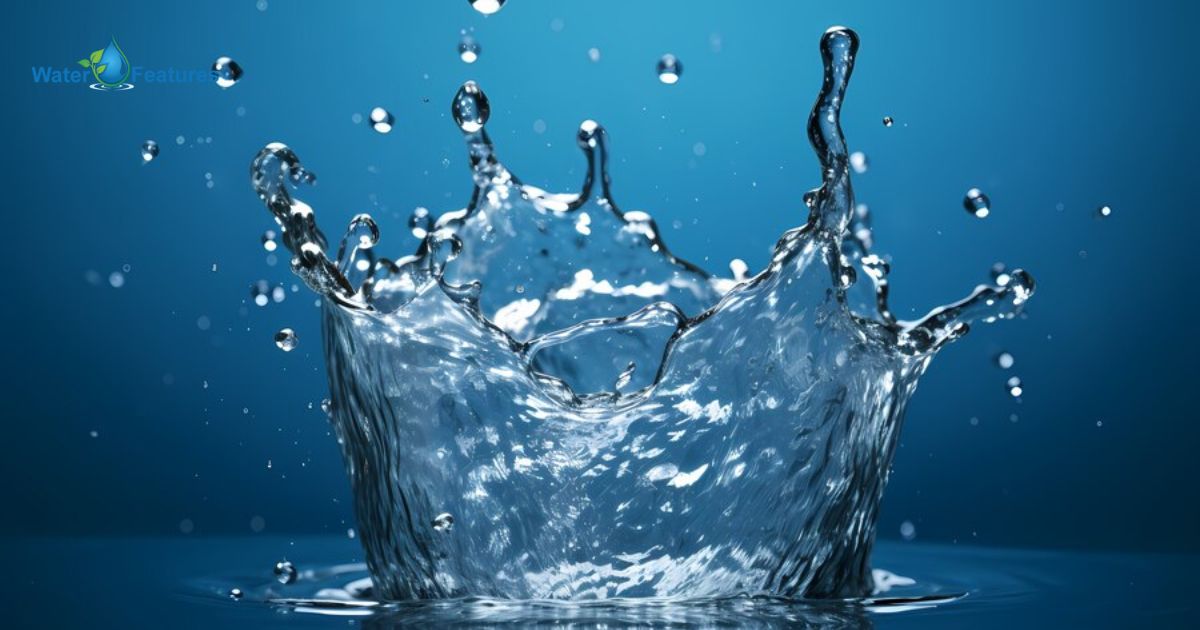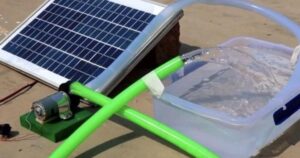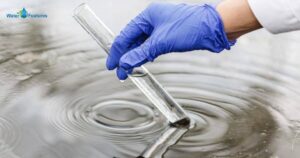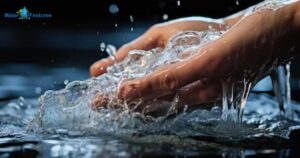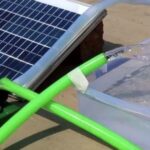Many homeowners install water softeners to reduce the hardness and mineral content in their water supply. However, it is possible to have too much soft water. Overly soft water can cause numerous problems in your home and health hazards.
Issues Caused by Ultra-Soft Water in Your Home
Having properly softened water provides benefits like cleaner laundry and dishes, better tasting drinking water, and ease on appliances. However, allowing water hardness levels to drop too low can be detrimental.
Water that is too deficient in essential minerals like calcium and magnesium is hungry to dissolve anything it touches. This starving water leaches metals and minerals out of pipes, joints, and appliances at an accelerated rate.
Without the protective coating calcium and magnesium provide, corrosion occurs rapidly. This leads to damage to plumbing and equipment, causing leaks, breaks, stains, and shortened item lifespan.
Health hazards also exist with overly soft water entering your body. The lack of minerals makes it more likely to absorb dangerous heavy metals like lead and copper from piping. Gastrointestinal distress can also occur when the water pulls needed nutrients out of the body.
What is hard water?

Hard water contains a high amount of dissolved minerals, specifically positive ions of calcium and magnesium. The more calcium and magnesium in the water, the “harder” it is rated. Hardness is measured in grains per gallon (gpg) or milligrams per liter.
What is soft water?
Soft water has gone through a process to remove nearly all the calcium, magnesium, and other metal ions. This leaves it low in dissolved solids with a hardness near zero gpg.
Dangers When Water is Too Soft
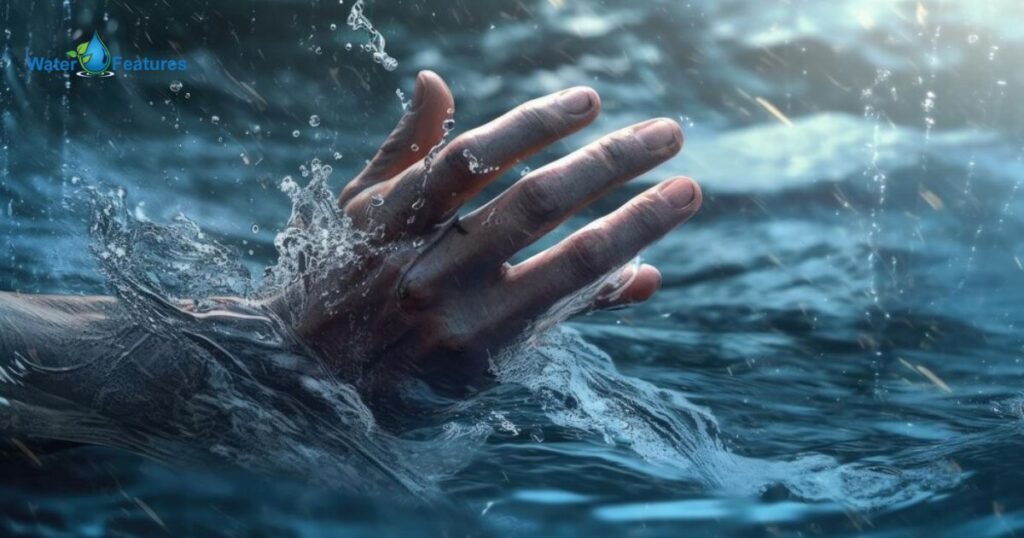
Allowing water hardness levels to decrease below 1 gpg can cause numerous problems:
Health Hazards
Lead and copper absorption – Soft water easily absorbs heavy metals from pipes and soldering into the drinking supply. Ingesting even small amounts of lead and copper poses toxicity risks especially for children.
Gastrointestinal issues – Ultra-soft water pulls some nutrients required by the body out of the digestive system instead of absorbing them properly during digestion. This can cause stomach irritation, diarrhea, cramping, and nausea in some cases.
How does water hardness impact my skin?
Hard water with high mineral content can have noticeable effects on skin health and comfort. As the calcium and magnesium ions come into contact with your largest organ, they bind to fatty acids in the protective lipid layer on your skin’s surface. This causes soapy scum residue and reduced moisture, leading to irritation, flaking, itching, and even eczema flair ups.
The metal ions also hamper soap’s ability to properly emulsify and penetrate pores. This impedes deep cleaning leaving dirt, oil, and dead cells on the skin allowing acne and blackheads to develop more easily. Overall, hard water leaves skin feeling dry, tight, inflamed, and less healthy.
How does water hardness impact my hair?

Similar to skin, the mineral deposits in hard water attach to hair follicles and the sebum protective layer. As the calcium and magnesium bind with these compounds, it strips the natural oils leading to brittle, frizzy, tangled hair prone to breakage especially in the delicate ends.
The soap scum and mineral scale also accumulate on strands negatively interacting with conditioners and styling products. This prevents them from evenly coating and penetrating the hair shaft to provide smoothness, moisture, detangling, and anti-frizz properties. Hair washed in hard water requires more cleansing yet ends up dull, rough, and damaged.
How does water hardness impact my laundry?
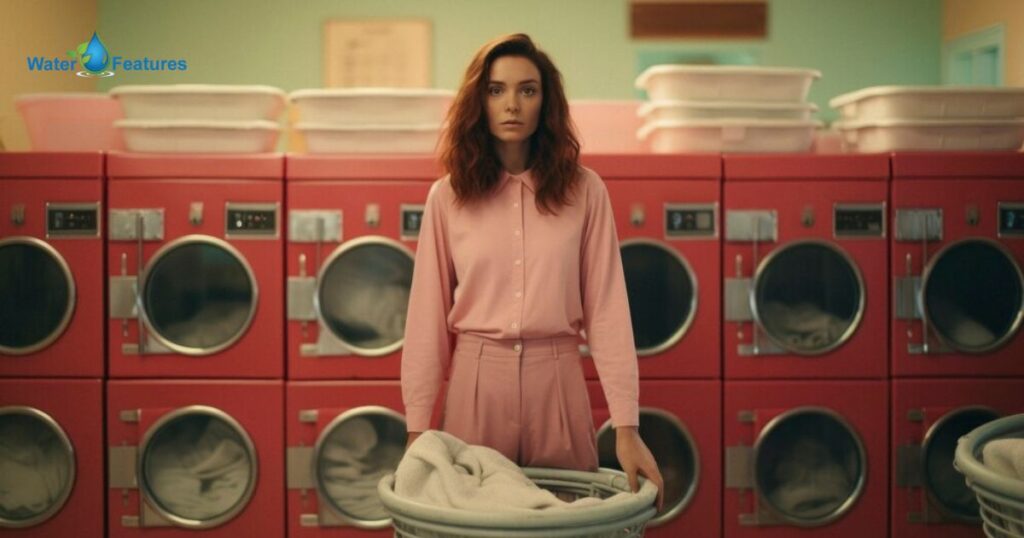
Hardness minerals severely hinder laundry detergents ability to activate and dissolve properly in wash water. Instead of binding to dirt and oils to suspend them for removal, detergent molecules lock to the calcium and magnesium ions already dissolved.
This prevents clothes from getting truly clean leaving residue embedded on fabric visible as filming or yellowing. Over cumulative washes, this causes faded colors, rough textures, and shortened fabric lifespan. The mineral build up also leaves deposits on washing machine parts speeding breakdown from corrosion and abrasion leading to equipment failure over time.
How does water hardness impact my dishes?
Hard water wreaks havoc on dishes and glassware as the mineral deposits bond to surfaces during washing. This leaves an visible film that etches into the item over time, permanently damaging smooth finishes. Dishware will become progressively more clouded and etched losing its transparency and becoming rough to the touch.
In addition to aesthetic damage, the calcium and magnesium residue also increase breaking down food residue sticking to plates and cups. This allows more bacteria to adhere to dishware promoting unsafe pathogen growth if not properly disinfected. And the soap scum left behind gives water spots and hinders drying resulting in lingering dampness where mold and mildew can thrive.
What can I do about my hard water?
To combat effects of hard water in your home, you can install water softening equipment like ion exchange systems or reverse osmosis units. These remove a portion of the dissolved minerals to an appropriate balance where water still retains some beneficial hardness yet prevents scale deposits.
You can also use anti-scale additives, filters, shower heads, and chemical injections systems to control effects before the supply reaches appliances and fixtures. Improving hardness levels minimizes corrosion, staining, spotting,residue issues, and equipment failures.
Why can soft water feel slimy?
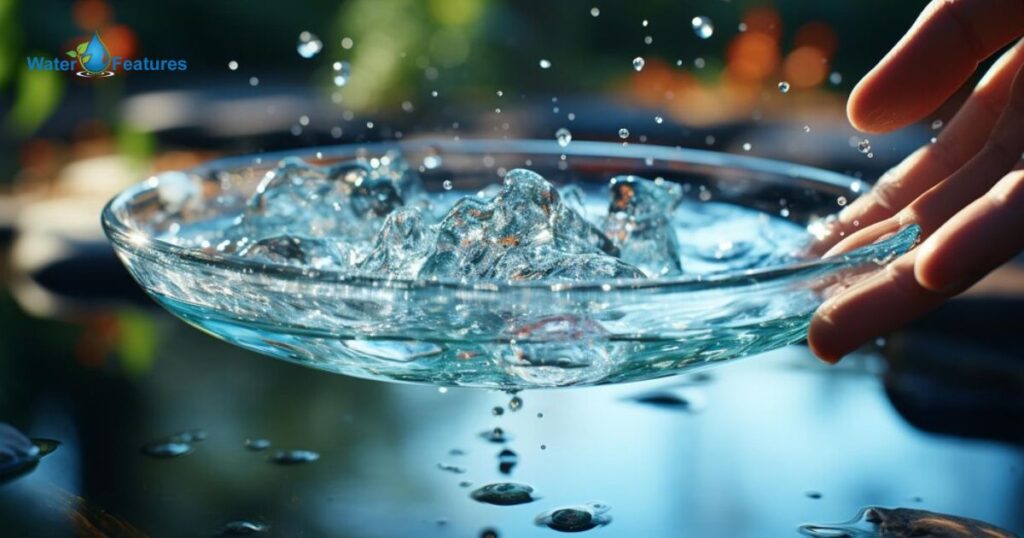
The smooth, almost slick texture from soft water comes from a lack of beneficial minerals that provide natural friction and viscosity. With most calcium, magnesium and other solids extracted, water loses structure and cohesion. As the thinly structured liquid passes over skin, it can feel unusually slippery.
Surfactant residue from soaps and detergents also becomes pronounced without hardness ions to bind with first. This amplifies the slippery, slimy sensations. While not an actual health risk itself, the unnatural slick texture bothers many soft water users. Adding trace hardness back helps restore a fuller mouthfeel.
FAQ’s
What problems can soft water cause?
Soft water can cause soap scum build up, water spots on dishes and glass, and decrease hardness minerals in pipes over time.
Is it bad if your water is too soft?
Water that is too soft does not have enough minerals and can be corrosive to pipes and pluming fixtures over time. It also causes more soap and shampoo use.
What are signs of soft water?
Signs of soft water include lots of soap or detergent needed for cleaning, water spots on dishes and glassware, and corrosion in plumbing materials over many years.
Is soft water healthier?
Soft water is less harmful to skin and hair but does not provide important nutrients from minerals like calcium and magnesium found in hard water.
Which is worse hard or soft water?
Both hard and soft water have pros and cons, but too soft of water can be more problematic by being corrosive to pipes and fixtures requiring more soap, while very hard water leaves mineral deposits. Moderately hard water is best.
Conclusion
Hard water is a common nuisance. While we need essential minerals like calcium and magnesium for health, getting too much in your water supply causes problems. As hardness levels rise, you feel it on your skin as dryness and irritation. Your hair loses its shine and bounce, becoming flattened and tangled as mineral deposits bind to strands. Laundry seems dingy no matter how much detergent you use as fabrics gradually yellow and fade. The same mineral scale slowly etches permanent cloudiness into dishes and glassware too.
Luckily, effective and affordable solutions exist for dealing with hard water. A water softener system works by removing some of the dissolved rock minerals through an ion exchange process before they reach your home’s pipes and appliances. You can also use anti-scale filters, chemical injectors, or reverse osmosis for drinking water to keep hardness at a manageable level. Getting your water balanced in minerals protects your hair, skin, clothes, and home from scale build up while still retaining some beneficial properties that stabilized, smooth water provides. It’s a simple way to prevent damage and improve daily living.
